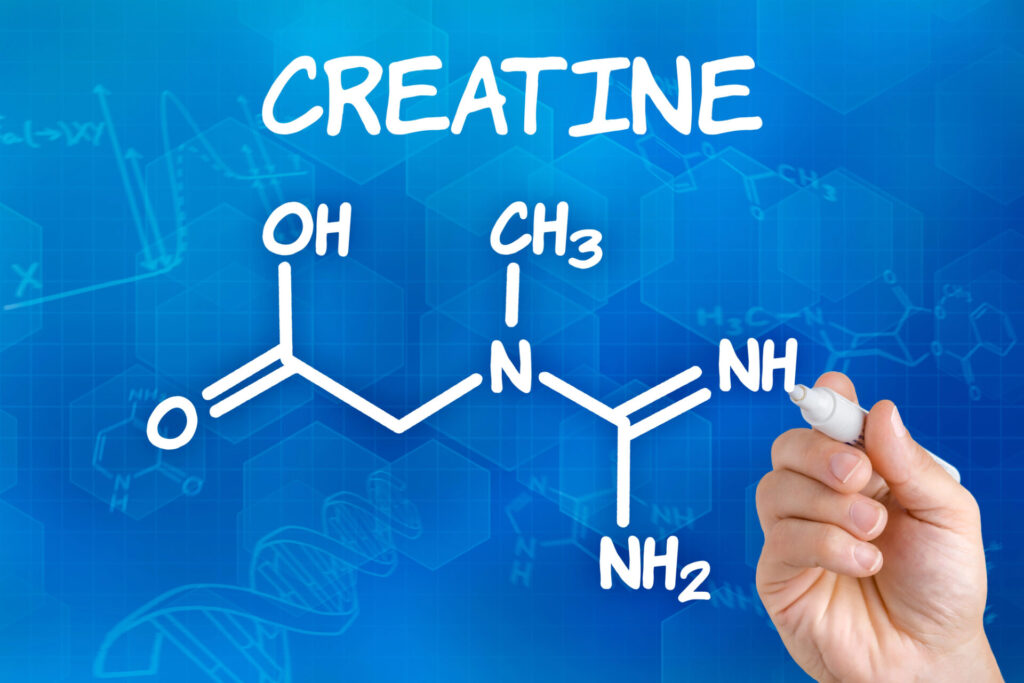Premature birth can cause a host of health issues, from cerebral palsy to asthma to hearing loss. One common condition is retinopathy of prematurity (ROP), which happens when the baby’s retinas don’t fully develop. Children born prematurely are more likely to suffer from ROP than those born at term, and the risk of developing ROP is greater the more premature a baby is and the lower his or her birth weight.
Previously, scientists from the University of Gothenburg in Sweden published research showing that premature infants who received a combination supplement of arachidonic acid (an omega-6 fatty acid) and docosahexaenoic acid (an omega-3 fatty acid) saw their risks of developing ROP cut in half.
With those results in mind, the researchers set out to measure the effects of the same combination of arachidonic acid (AA) and docosahexaenoic acid (DHA) on visual function in premature infants.
The Study
The study followed 178 extremely preterm babies at the neonatal units of the university hospitals in Gothenburg, Lund, and Stockholm Sweden between 2016 and 2019. Extremely preterm babies were defined as those born before the 28th week of pregnancy.
An intervention group of 84 children was given preventive oral nutritional supplements containing the AA and DHA combination. Supplementation began within 72 hours of birth and continued up to the age of 40 weeks. Neither AA nor DHA are included in the supplements that are routinely given to extremely preterm babies immediately after birth. The infants’ vision was assessed through routine eye exams after two-and-a-half years, and those in the intervention group showed better visual function, although some of the results were not statistically significant, raising the need for more research.
Regardless, said lead author Pia Lundgren, MD, an associate professor in pediatric eye research at the University of Gothenburg, “The study shows that children who have received the combination supplement had improved visual function, regardless of whether or not they had previously had ROP. The improved visual development was thus not only due to the beneficial effect on the retina. The supplement also seems to have improved the brain’s ability to interpret visual impressions.”
Conclusions
The researchers note that the issue of nutrition and supplementation for extremely preterm babies is top-of-mind within neonatal care in many parts of the world. Many countries currently lack precise guidelines for administering fatty acid supplements to extremely preterm children, but these findings could help establish or revise such guidelines.
“Importantly, we can now demonstrate the positive effects that the combination supplement appears to have on visual development when the child is older,” Lundgren adds. “In the continued studies—on the same group of children—we will also look more closely at cognitive and neurological development, which will be particularly interesting.”






